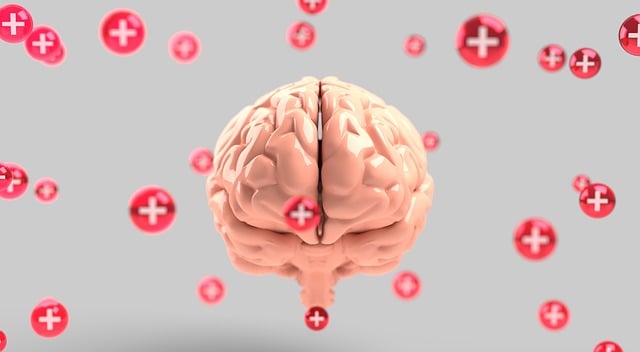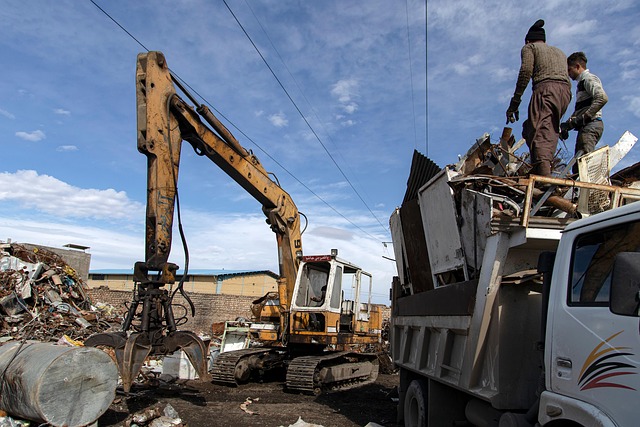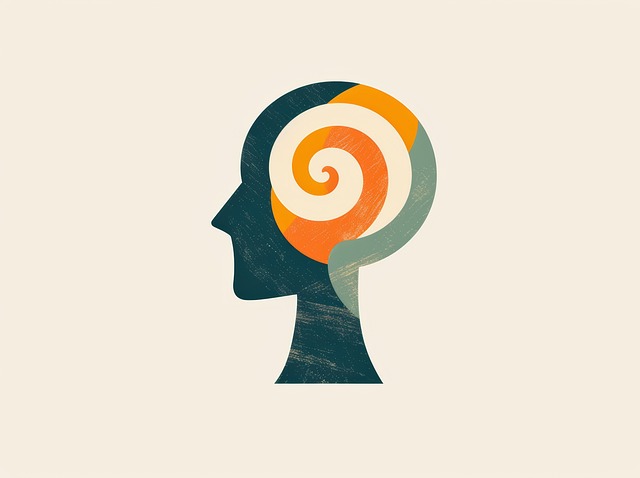Emotional Wellness Services in Scottsdale: Thrive Through Therapy and Self-Care

Scottsdale, Arizona promotes holistic mental health wellness through diverse centers and practices o…….
In the heart of Arizona, Scottsdale stands as a vibrant metropolis known for its stunning landscapes, thriving arts scene, and increasingly, its commitment to emotional wellness. This article delves into the concept of emotional wellness within the context of Scottsdale, AZ, exploring its multifaceted aspects, global relevance, and local impact. By examining historical foundations, current trends, economic implications, technological innovations, policy frameworks, and real-world applications, we aim to provide a comprehensive understanding of this vital component of modern urban life.
Emotional wellness refers to the state of overall emotional health, encompassing self-awareness, resilience, and the ability to manage and express emotions effectively. It involves recognizing and accepting one’s feelings, cultivating healthy coping mechanisms, and fostering positive relationships. In the context of Scottsdale, AZ, emotional wellness initiatives aim to create a supportive environment that promotes mental health, resilience, and overall well-being for its residents.
Key components include:
The concept of emotional wellness has evolved over time, gaining prominence in recent decades as mental health awareness has grown globally. In the past, mental health issues were often stigmatized and under-researched. However, a historical shift towards destigmatization and increased accessibility to care has paved the way for holistic approaches to well-being, including emotional wellness.
In Scottsdale, AZ, the focus on emotional wellness can be traced back to the city’s growing recognition of mental health as a critical aspect of overall public health. This awareness led to the development of various programs and resources aimed at supporting residents’ emotional well-being. The city’s strategic planning has incorporated emotional wellness as a core component, reflecting a forward-thinking approach to urban development.
Emotional wellness Scottsdale AZ is not an isolated phenomenon; it resonates globally as cities worldwide prioritize mental health initiatives. The World Health Organization (WHO) has recognized the significance of mental health in public health agendas, leading to international efforts to improve access to emotional support and treatment. This global movement has sparked similar initiatives in various countries, sharing best practices and fostering collaboration.
Several key trends are shaping the landscape of emotional wellness:
The implementation and emphasis on emotional wellness vary across regions due to cultural, economic, and social differences:
| Region | Key Focus Areas | Notable Initiatives |
|---|---|---|
| North America | Community outreach, digital therapy, corporate wellness | Mental health apps, community mental health centers |
| Europe | Integrated healthcare systems, art-based therapies | National mental health strategies, peer support networks |
| Asia Pacific | Mindfulness and meditation practices, traditional healing methods | Corporate mindfulness programs, cultural mental health awareness campaigns |
| Middle East | Cultural sensitivity, family-focused interventions | Islamic-centric therapy approaches, community support groups |
The emotional wellness sector in Scottsdale, AZ, is part of a growing global market. According to recent reports, the global mental health market size was valued at USD 156.7 billion in 2020 and is projected to grow at a CAGR of 18.4% from 2021 to 2028 (Grand View Research). This growth is driven by increasing awareness, rising prevalence of mental health disorders, and the integration of digital solutions.
Scottsdale’s emotional wellness industry attracts significant investment, contributing to the local economy:
Emotional wellness initiatives in Scottsdale have far-reaching economic benefits:
Technological innovations have revolutionized access to emotional support:
Mobile apps play a significant role in promoting emotional wellness:
The future of technology in emotional wellness holds immense promise:
The development of emotional wellness in Scottsdale is guided by various policies and regulations:
Legislative actions have played a crucial role in shaping the emotional wellness landscape:
Despite significant progress, emotional wellness Scottsdale AZ faces several challenges:
Proposed solutions to address these challenges:
This annual event brings together experts, practitioners, and enthusiasts for a celebration of mindfulness and emotional wellness. Featuring workshops, talks, yoga sessions, and meditation practices, the festival attracts participants from across the country. By offering diverse perspectives and hands-on experiences, it empowers individuals to explore and integrate mindfulness into their daily lives, fostering a sense of community and well-being.
Recognizing the unique challenges faced by adolescents, the city launched a targeted initiative focusing on teen mental health. This program includes school-based interventions, peer support groups, and digital resources tailored to young people. By addressing mental health early, the initiative aims to prevent more severe issues later in life, promoting resilience and emotional well-being among Scottsdale’s youth.
Several major employers in Scottsdale have implemented comprehensive wellness programs as part of their employee benefits. These initiatives include on-site therapy sessions, mindfulness workshops, stress management training, and social activities. By prioritizing employee well-being, these companies have seen increased productivity, reduced absenteeism, and improved overall job satisfaction, highlighting the mutual benefits of emotional wellness in the workplace.
The future of emotional wellness Scottsdale AZ is poised for further growth and innovation:
To capitalize on these trends, Scottsdale can:
Emotional wellness Scottsdale AZ represents a holistic approach to improving the lives of residents by addressing their emotional and mental health needs. This comprehensive exploration highlights the city’s commitment to creating a supportive environment that promotes well-being. By integrating historical context, global trends, economic insights, technological advancements, policy frameworks, and real-world applications, we have painted a nuanced picture of this vital urban initiative.
The challenges faced are surmountable through collaborative efforts, community engagement, and strategic planning. As Scottsdale continues to navigate the future, its commitment to emotional wellness will undoubtedly contribute to a happier, healthier, and more resilient population. This article serves as a resource for residents, professionals, and policymakers alike, emphasizing the importance of emotional wellness in shaping the well-being of a vibrant metropolis like Scottsdale, AZ.
Q: What is emotional wellness, and why does it matter?
A: Emotional wellness refers to overall emotional health, including self-awareness, resilience, and effective emotion management. It matters because it influences our daily lives, relationships, and overall sense of happiness and fulfillment.
Q: How does Scottsdale’s approach to emotional wellness differ from other cities?
A: Scottsdale stands out for its comprehensive and community-driven approach, integrating emotional wellness into the city’s strategic planning. Its focus on accessibility, cultural sensitivity, and technological advancements sets it apart.
Q: What role do digital therapy platforms play in emotional wellness?
A: Digital therapy platforms provide accessible and affordable care, especially in underserved areas. They offer convenient counseling sessions, meditation guides, and crisis support, making emotional wellness resources more widely available.
Q: How can I get involved in supporting emotional wellness in Scottsdale?
A: You can contribute by participating in community events, volunteering for local initiatives, or advocating for mental health awareness. Donating to reputable organizations and engaging in conversations about emotional wellness also make a difference.
Q: What are some common misconceptions about emotional wellness?
A: Misconceptions include equating emotional wellness with the absence of mental illness or believing that seeking help is a sign of weakness. In reality, emotional wellness is about managing emotions effectively and building resilience to navigate life’s challenges.

Scottsdale, Arizona promotes holistic mental health wellness through diverse centers and practices o…….

Scottsdale, AZ, offers a supportive community for mental wellness with holistic services including c…….

In Scottsdale, AZ, therapy is key to managing stress and achieving emotional well-being in a bustlin…….

Scottsdale, Arizona, promotes holistic mental health wellness through diverse services, from CBT and…….

Scottsdale, AZ, is a premier destination for mental health wellness, offering holistic approaches co…….

Scottsdale, AZ, prioritizes emotional wellness through diverse therapeutic options, including talk t…….

Scottsdale, AZ prioritizes emotional wellness through diverse therapy options, holistic self-care pr…….

Scottsdale, AZ, promotes holistic emotional wellness through therapy services addressing stressors,…….

Scottsdale, AZ, prioritizes emotional health through various services like therapy, support groups,…….

Scottsdale, AZ, offers a vibrant mental health wellness scene with diverse services. From evidence-b…….